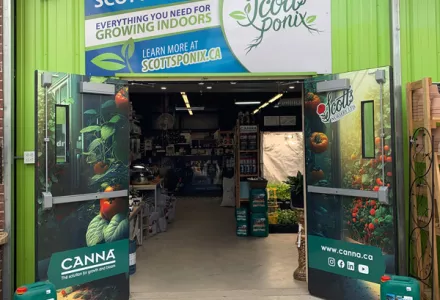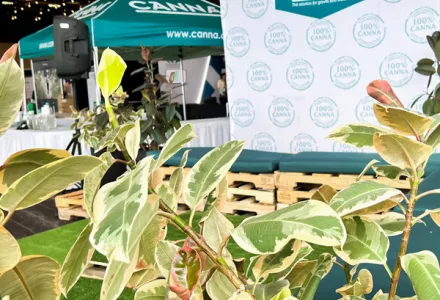Panelists:
A CANNAtalk Discussion at Grow Up Toronto - May 29th
Grow Up Conference & Expo in Toronto did not disappoint! We invited three industry specialists to the panel to discuss what standardization and quality verification might look like in the cannabis sector. While all panelists agreed that standardization and quality verification are necessary as this industry grows, not everyone believed that an objective approach is possible.
It was pointed out that Jack Daniels, the well-established whiskey producer, still to this day has a person or people who are responsible for testing each batch of whiskey produced to ensure that the consistency and quality are there. Cannabis license holders who have the additional research license are also able to perform such tasks, however, many do not.
While internal programs have been built to address the issue of consistency and quality in more established, mature companies, it still begs the question of quality according to whom, based on what metrics?
While one company may see quality in one vein, another may not see it the same way. At a minimum, an objective approach to quality verification must be established to build trust and transparency in the supply chain. “Having a standardized approach to selecting samples and having solid trustworthy partners for inputs and testing were suggested as good starting points.”
One of the panelists' questions was whether we have done consumers a disservice by not standardizing quality. Who hasn’t bought “premium” legal cannabis only to discover that it is not premium at all, rather it is simply being sold at a premium price point and placed there with no real benchmarks other than possibly THC content.
Like wine scoring, if we, as an industry, got clear as to what constitutes a product to fall into a particular market segment, consumers could start to depend on that categorization. Consistent quality could create brand loyalty which has been difficult to achieve in the Canadian market. It could also ensure that compensation for cannabis would be measured by factual market segment analysis and see producers receive compensation accordingly.
This same approach can be taken with wholesale trading. Whether you are moving products within Canada or internationally, transactions that include transparency and a standardized common language are much more likely to be successful.
At the end of the day, having a standardized approach to determining quality will build trust as consumers will have consistent and reliable products in the supply chain. Do note that, to create a well-rounded, informed, and accepted standard it will be important to bring industry professionals from different facets to the table. These standards will need to be objective and transparent and available to consumers to empower them to make informed decisions.
Our CANNAtalk discussions continue throughout the year, so to stay tuned for upcoming events.






























